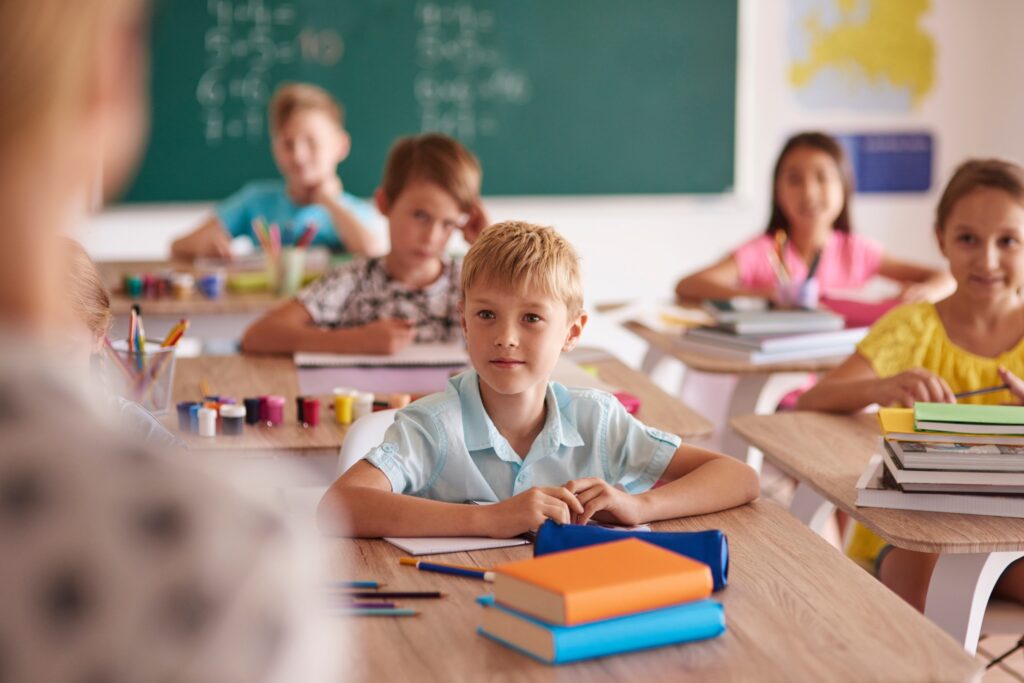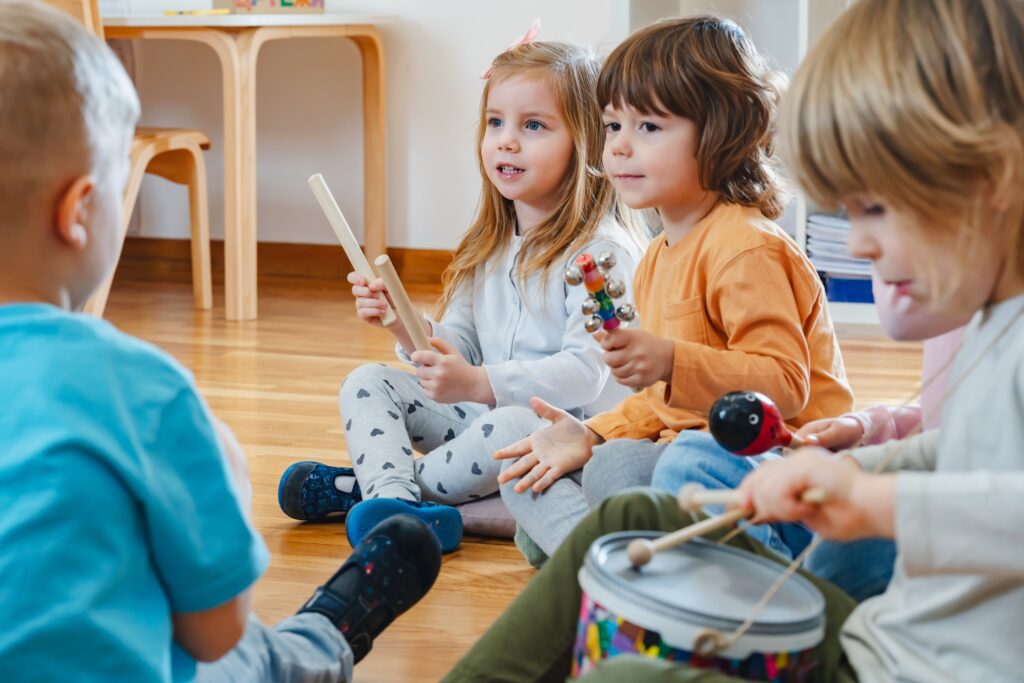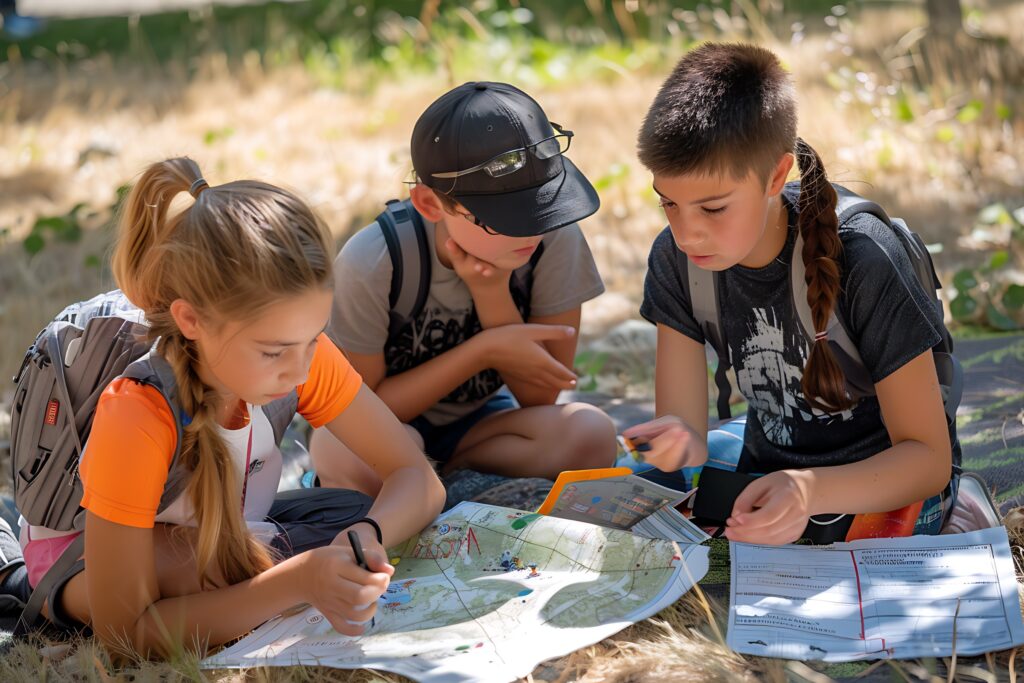A child’s progress in early childhood

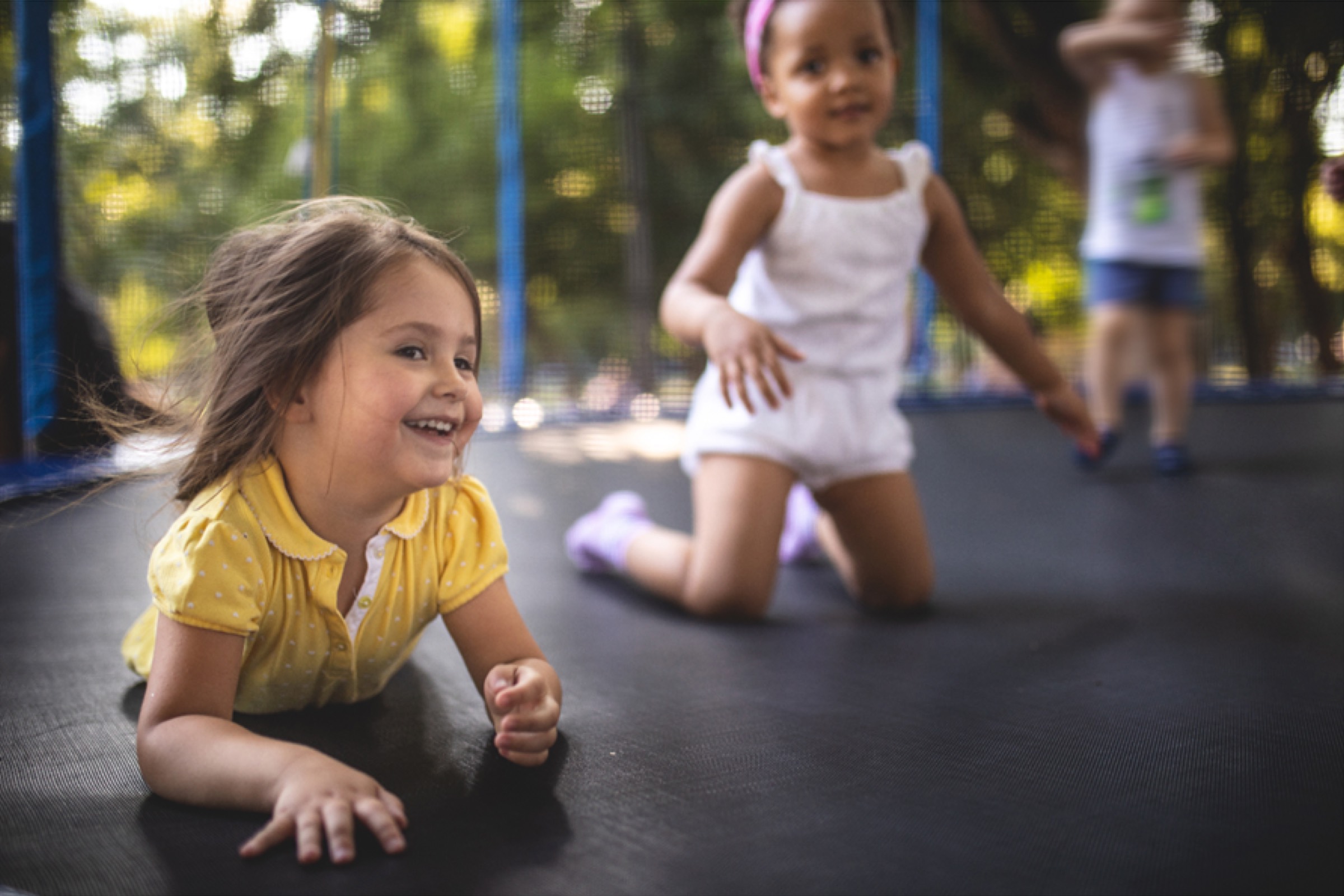
“The test of a first-rate intelligence is the ability to hold two opposing ideas in mind at the same time and still retain the ability to function.”
F. Scott Fitzgerald (writer of The Great Gatsby).
For early childhood educators, holding two opposing ideas in the mind at the same time is a daily philosophical approach to their work. To understand child development and the beautiful individuality of each young person requires educators to both apply their knowledge of milestones, as well as provide for striking divergence from anticipated milestones, without necessarily being concerned. The free approach to play-based learning in accordance with best practice for young children is valued, whilst simultaneously a structure of documentation of ‘progress’ against outcomes is legally required. How does an educator understand these two apparently contrary ideals and then apply them in their daily work?
What the law requires:
Reg 74: For a child preschool age or under, the following need to be documented:
– assessments of the child’s developmental needs, interests, experiences and participation in the educational program, and
– assessments of the child’s progress against the outcomes of the educational program
Regulation 74 indicates a number of educational items that are to be documented. Three of these items are readily observable by all members of a class group’s educators – a child’s interests, the experiences they encounter and how they participate in the educational program.
The other two – the ‘assessments’ require a deeper understanding of development and curriculum.
- Assessment of a child’s developmental needs, and
- Assessments of the child’s progress against the outcomes of the educational program.
These require comparison of the child to firstly, a formula of developmental milestones, and to find them met or lacking, then secondly, by comparison of the child’s success in an experience with the expectations of the educator.
ACECAQ has provided this Developmental Milestones resource to provide information regarding typical developmental milestones for young children and the document is well worth reading. ACECQA, however, prefaces it with a quote from the EYLF which encourages us to hold these milestones loosely in our hands, as each individual child’s development is different:
“Children’s learning is ongoing and each child will progress towards the outcomes in different and equally meaningful ways. Learning is not always predictable and linear. Educators plan with each child and the outcomes in mind.” (Early Years Learning Framework, p.19)
The Two Imbalances
1. Focussing on the child’s progress:
The requirement to plan for and assess a child’s progress towards outcomes has led many educators to feel compelled to teach to the outcomes. This is considered an issue generally across education with historically schools rigorously preparing students for ASAT tests or NAPLAN tests, in order to make the school appear attractive or performing well. And as bad as this is for primary or secondary school students, forcing young children into teacher-selected activities, regardless of their interest or readiness, is an even worse practice in early childhood. Making children write their name, when their hand may not have the necessary fine motor development, or forcing children to recite letter sounds that mean nothing to them only generates a negative experience of learning. Young children are full of wonder about their world, and a keen learning spirit engages them in their exploration. Early Childhood professionals must harness this attitude, not kill it.
Educators who work with checklists such as the Developmental Milestones list from ACECQA as a form of curriculum, run a very great risk of planning for the curriculum rather than for the child.
2. Focussing on the interests, experiences, and participation:
Educators who understand how varied the developmental pathway is for each child can provide engaging and wonderful environments, experiences, and ideas for children to pursue. Happy days of discovery, creativity and fun can provide an amazing time for children during which they will learn much. As many theorists have suggested, the environment can be the ‘third teacher’ in a class environment with 2 educators, and evaluating the environment, the resourcing within and the experiences educators bring the children into contact with will provide the opportunities for children to flourish.
But without an understanding of anticipated milestones, when does an educator identify that a child might require additional support or intervention? Without planning and reflecting for each child individually as part of a larger curriculum and framework, what might an educator ‘miss’?
In truth – both are required.
Have you ever watched a tight-rope acrobat, or walked across a balance beam? An almost universal approach to these is to hold arms horizontal – away from the body, or even have a long bar to grasp. Why do people not keep their arms by their side? Balance is better achieved by having hold of as much width on both sides as feasible.

Educators must work with a foundational understanding of milestones, child development and expectations (and the observations that indicate parents should seek a referral), and then beyond that provide a rich environment of facilities, resourcing, experiences and interactions that provide for children to develop themselves. It is only by holding both of these truths that the educator can truly meet the needs of children in their setting.
One metaphor I’ve been introduced to is that all children get teeth. Teeth emerge at varied ages and in a varied order. Most parents wouldn’t boast about a second molar, or the first bottom tooth as a ‘sign’ their child is superior. It is well understood that each child has their own internal blueprint, although general patterns do occur such as pairs of teeth emerging at a similar time. If a baby has turned 12 months old, however, and no teeth have emerged, it is at that time that seeking an assessment would be prudent. Even then, this might not be anything of concern. In the same way, children’s physical, language, cognitive and social development may be quite varied. As the educator you know BOTH the individual child, and the anticipations of development, and this makes you quite the expert. Parents know their child very well, and paediatricians know development very well, however educators have a blend of both.
Educators must ‘balance’ on the narrow path between broad expectations in general, catering for individual needs, and raising the flag for further investigation. Both seemingly opposed truths must be held in the mind simultaneously, in order for educators to provide and respond in best practice. The easiest way to achieve this is to have a learning environment that is rich in accessible resources that cater for children’s development in any area they happen to be blooming at that time. Rather than designing separate activities for each observation, wouldn’t it be amazing if there was a range of ‘toys’ that children loved, that were permanently available and enabled educators to see children achieving the milestones?
Well, there is. It is the Montessori environment.
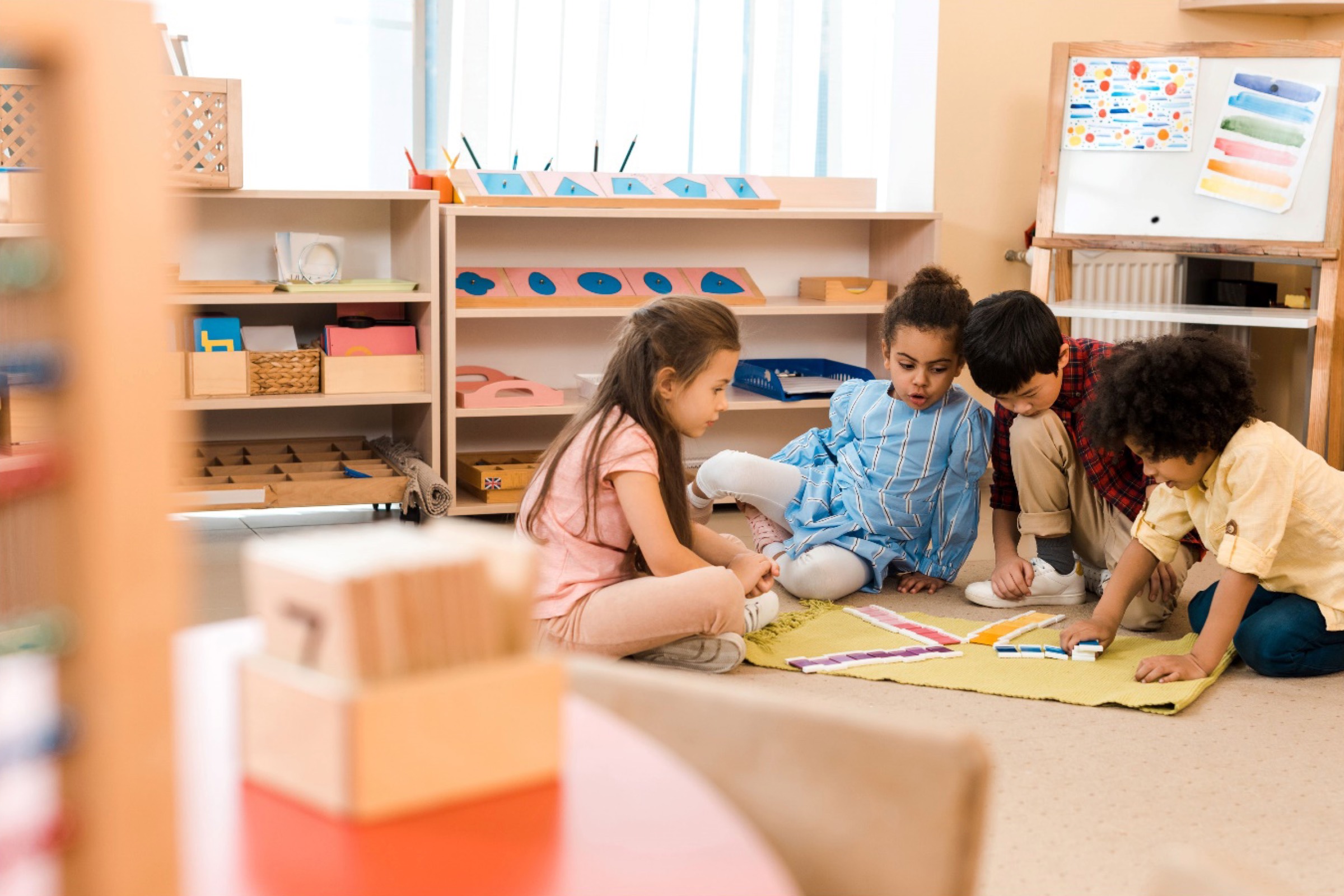
The beauty of a ‘built in’ milestone environment, with relaxed expectations that allow both flexible child engagement with the developmental material at their own pace, as well as clear outcomes from each apparatus, allows the progress to be visible.
Helping children thrive is a shared journey. Spread the word and support fellow educators with insights and resources from Your Child’s Day.
Resources, advice, and uplifting stories for educators and families. No spam, ever.

